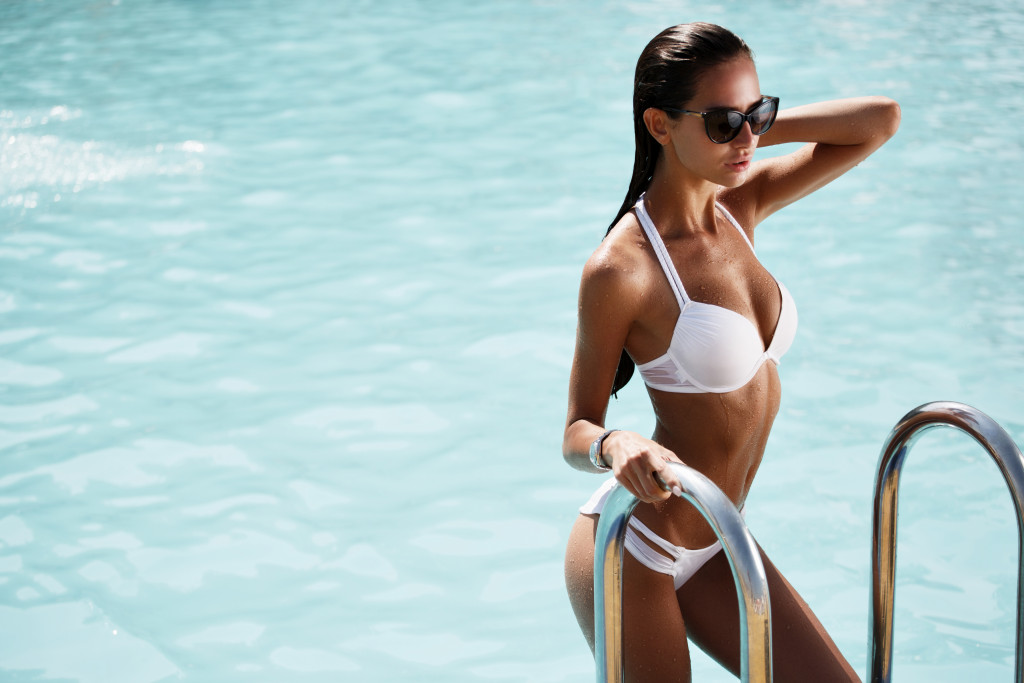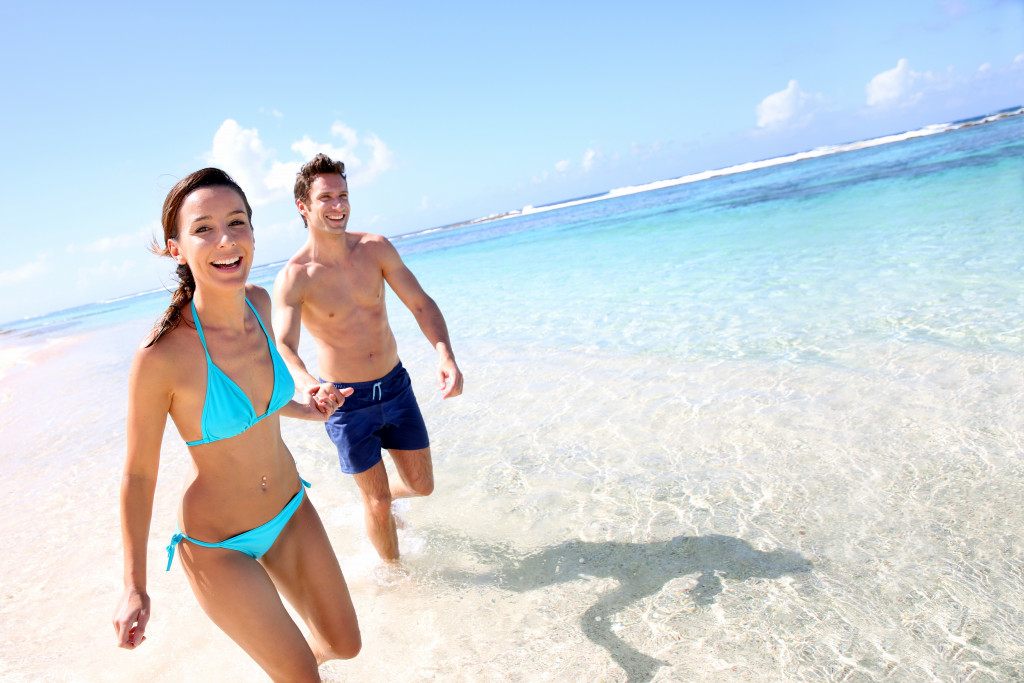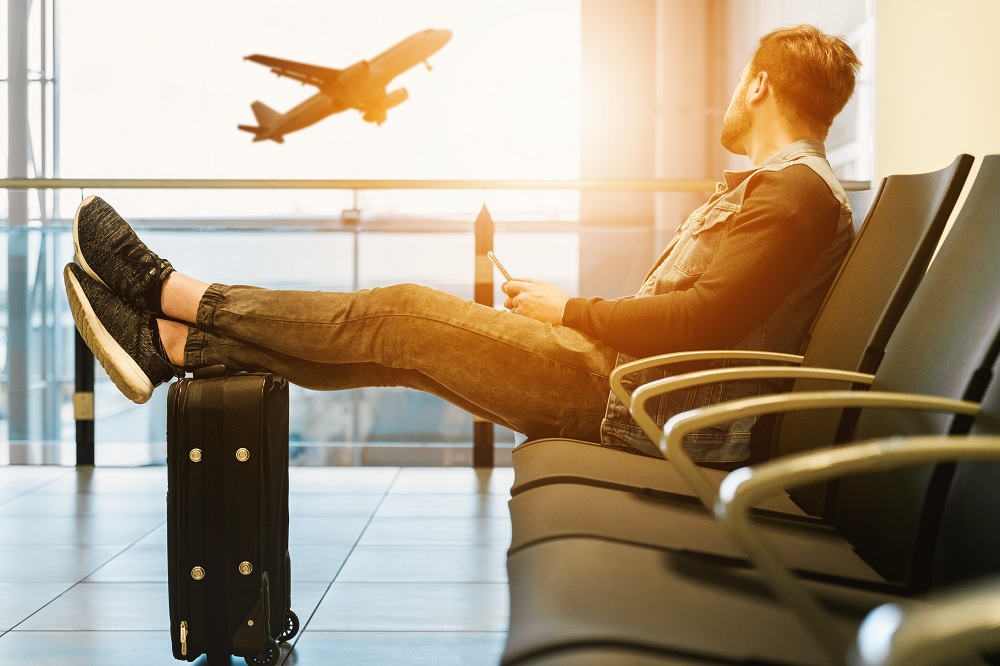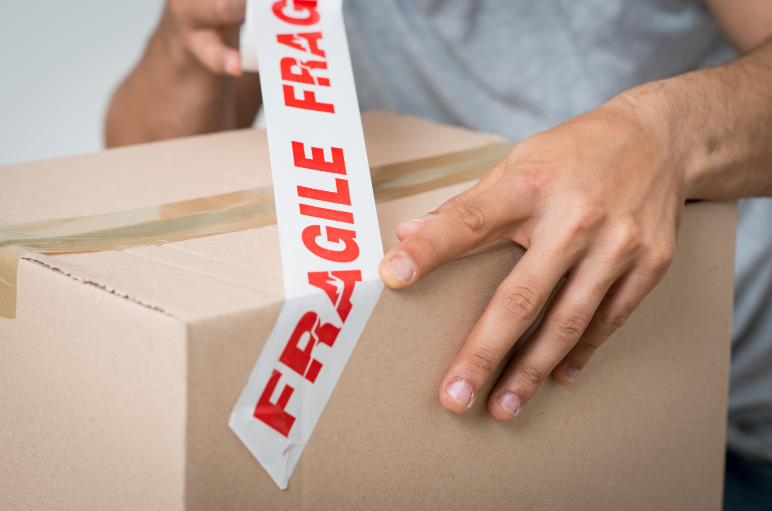Sun safety is one of the most important health concerns when you’re on vacation. People tend to ignore it—it’s not like a runny nose or a rumbling stomach that demands urgent attention. However, at the end of the day, people get painful sunburns because they’ve forgotten to reapply their sunscreen.
So whether you’re going to the beach or joining a tour in Zion Park, keep sun safety in mind to protect your skin and enjoy your vacation to the fullest.
What Does SPF Mean?
SPF stands for Sun Protection Factor or the degree to which a certain product can protect you from the harmful rays of the sun. The number denotes how much longer you can stay in direct sunlight compared to when you aren’t wearing sunscreen. For example, a product with SPF 15 can protect you 15 times longer than if you had no sunscreen on.
Another way of looking at it is that it refers to the fraction of harmful rays that reach your skin. A product with SPF 15 allows only 1/15 of the rays to reach the skin. As such, the skin can tolerate the sunlight 15 times longer.
Does Higher SPF Mean Stronger Protection?
No, it doesn’t. A common misconception is that products with SPF 30 are twice as powerful as SPF 15. However, these numbers refer to the duration in which you can stay under direct sunlight. An SPF 60, for instance, means you can stay in direct sunlight 60 times, Moreover, no sunscreen offers 100 percent protection from UVA and UVB rays.
Strategies to Protect Your Family from the Sun
Apart from putting on sunscreen, here are other strategies to protect you from the sun:
Wear Sunglasses

Sunrays also damage the eyes. According to a 2014 study funded by the US National Eye Institute, UV radiation damages the proteins in the eye’s lens, which in turn increases the risk for impaired vision. Moreover, the skin around the eyes is vulnerable to UV damage, too. As such, sunglasses should be worn by everyone who’s joining the trip. The sunglasses should be able to block 99% to 100% of the rays.
Wear Hats
A wide-brimmed hat is an additional layer of protection that guards your hair, eyes, and skin. Plus, they look cute at the beach or safari.
Account for Altitude
If you’re climbing up a mountain, put more sun protection than you would on the ground. At high altitudes, the air is thinner, so there’s a less blockage of the harmful sunrays. In fact, for every 1,000 feet, you gain in elevation, the sunrays are 10%-15% stronger.
Stay Vigilant Even When Cloudy
A cloudy weather doesn’t mean the sunrays aren’t there. The clouds block some of the UV radiation, but some make it to your skin. So even if fat clouds cover the sky, sunscreen is still essential.
It’s fun to stay under the sun, but you don’t want to deal with pain and burning sensation once the vacation’s over. So, follow these strategies to make the most of your trip.



